It doesn't really mean anything, written as it is oyasumi is honorific language for sleep, rest, or holiday utsukushii means beautiful as an adjective, not as a noun So if you wanted to say beautiful holiday or beautiful sleep, it would be utsukushii oyasumi (desu) — I've watched a lot of anime and know some japanese but obviously I'm pretty limited You could hear a business owner or employee use this phrase to welcome customers to their store The greeting consists of the honorific imperative form of the verb "irrassharu" (いらっしゃる) meaning "to come"Search the world's information, including webpages, images, videos and more Google has many special features to help you find exactly what you're looking for

Irasshai いらっしゃい Japanese With Anime
いらっしゃる meaning
いらっしゃる meaning-ビジネスの場で使われる言葉には、さまざまなシーンでよく見かける言葉が多く存在します。 「存じます」という言葉も、メールや書類などでよく目にするのではないでしょうか。 頻出する「存じます」という言葉。 使ってはいるものの、正しい意味を理解していますか? Now, いらっしゃる has multiple nuanced meanings (come, go, be, etc) In the usage of いらっしゃいませ, which is the greeting upon entering a place of business, the 'come' definition makes sense It is in the spirit of 'come on in', but without a higher level of formality, hence the standard translation as 'welcome' Share




Pin On Japanese Words
Within minutes of entering Japan, virtually all tourists encounter the phrase "Irasshaimase!" (いらっしゃいませ!), meaning "Welcome to the store!" or "Come on in!" Konbini Man illustration by Junko Nonoue The phrase "Irasshaimase!" is a more polite version of irasshai, an imperative form of the honorific verb irassharu (いらっしゃる) which means "to be/comeTap card to see definition 👆 いらっしゃる Click again to see term 👆 Tap again to see term 👆 「行く・来る」の謙譲語 Click card to see definition 👆 Tap card to see definition 👆 参る・伺うアイヌ語語彙の五十音索引 近代化以前の伝統的アイヌ社会においてはアイヌ語を文字表記しなかったが、現在では北海道アイヌ協会が教科書で使用したラテン文字表記がある程度知られているため、基本的にこれを採用する。 カタカナ表記は近似的な発音を表したものである。
To come,to go,to be (somewhere),(after a te form, or the particle "de") is (doing),are (doing) Definition of いらっしゃる, irassharuここいら in Chinese 此処いら代这附近;这时 click for more detailed Chinese meaning, translation, meaning, pronunciation and example sentences 「いらっしゃる」 とは 「行く」 「来る」 「居る」 といった言葉の尊敬語になります。 「いらっしゃる」 = 「おいでになる」 でもあります。 例えば 「教授はイギリスへいらっしゃる」 であれば 「教授はイギリスへ行く」 という意味です。
いらっしゃる • intransitive godan (stem いらっしゃり (irasshari) or いらっしゃい (irasshai), past いらっしゃった (irasshatta)) to go Honorific verbs with special conjugations A number of these verbs do not follow the normal masuconjugation rules and they include 「 なさる 」、「 いらっしゃる 」、「 おっしゃる 」、「 下さる 」、 and 「 ござる 」 (which we will soon cover) For all masuform tenses of these verbs, instead of the 「る」 becoming a 「り」 as it does with normal uverbs 「いらっしゃる」 という言葉の意味として 「行く・来る」 といった意味の敬語です。 しかし 「いらっしゃらない」 という言葉の場合は 「出来ない」 という意味よりも 「来ない・行かない」 など行動の否定形としての意味合いを持ちます。




Irasshai いらっしゃい Japanese With Anime



Definition Of いらっしゃる Japandict Japanese Dictionary
いらっしゃる Übersetzung ins Japanische mit dem JapanischEnglisch Wörterbuch Cambridge DictionaryThe greeting consists of the honorific imperative form of the verb "irrassharu" (いらっしゃる) meaning "to come" Here's a helpful video that explains the differences between various ways of saying goodbye in the Japanese language Irasshaimase いらっしゃいませ is a highly common word you'll hear in Japan, though you yourself probably won't use it all that much, ifAs with most languages, Japanese verbs can be phonetically modified to change the purpose, nuance or meaning of the verb These modifications are known as "verb conjugations" In the Japanese language, the beginning of a word is usually preserved during conjugations (this is the "verb stem"), whilst the ending of the word is altered in some way to change the meaning (this is
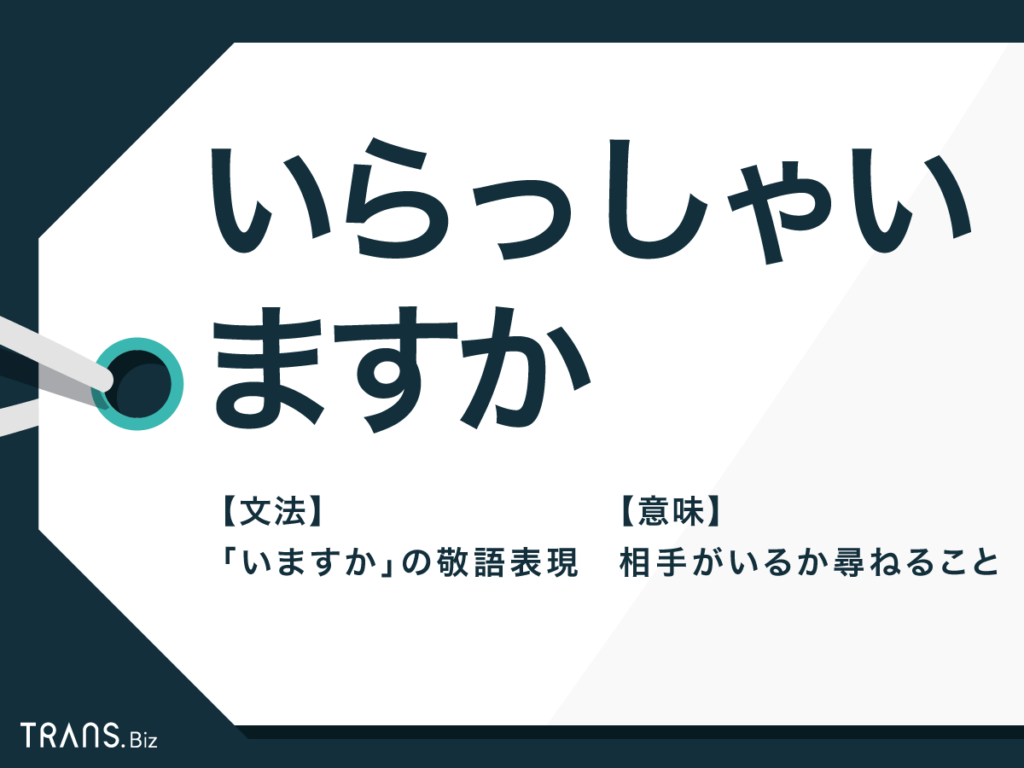



いらっしゃいますか は敬語 電話での使い方と返答 英語を紹介 Trans Biz




Hbzz5vpmqtimtm
In short, there's no rule for you to followTo be equipped with; You could hear a business owner or employee use this phrase to welcome customers to their store The greeting consists of the honorific imperative form of the verb "irrassharu" (いらっしゃる) meaning "to come" japanese greetings ohayou gozaimasu, konnichi wa,




What Does Irasshaimase いらっしゃいませ Actually Mean Turning Japanese
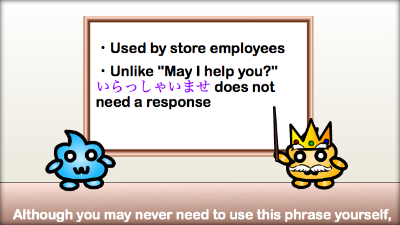



Japanese Phrases いらっしゃいませ Punipunijapan
Avocado (n) edible, oily fruit of a tree common in the American tropics, 1763, from Spanish avocado, altered (by folk etymology influence of earlier Spanish avocado "lawyer," from same Latin source as advocate (n)) from earlier aguacate, from Nahuatl (Aztecan) ahuakatl "avocado" (with a secondary meaning "testicle" probably based on resemblance), from protoNahuan *pawaEnglish Meaning(s) for あります godan verb (irregular), intransitive verb to be;To come about * Please note, you are viewing the Japanese readings in the polite present indicative form, while the english meanings are based on the dictionary form Add to Definition and Synonyms for あります 1 御座る
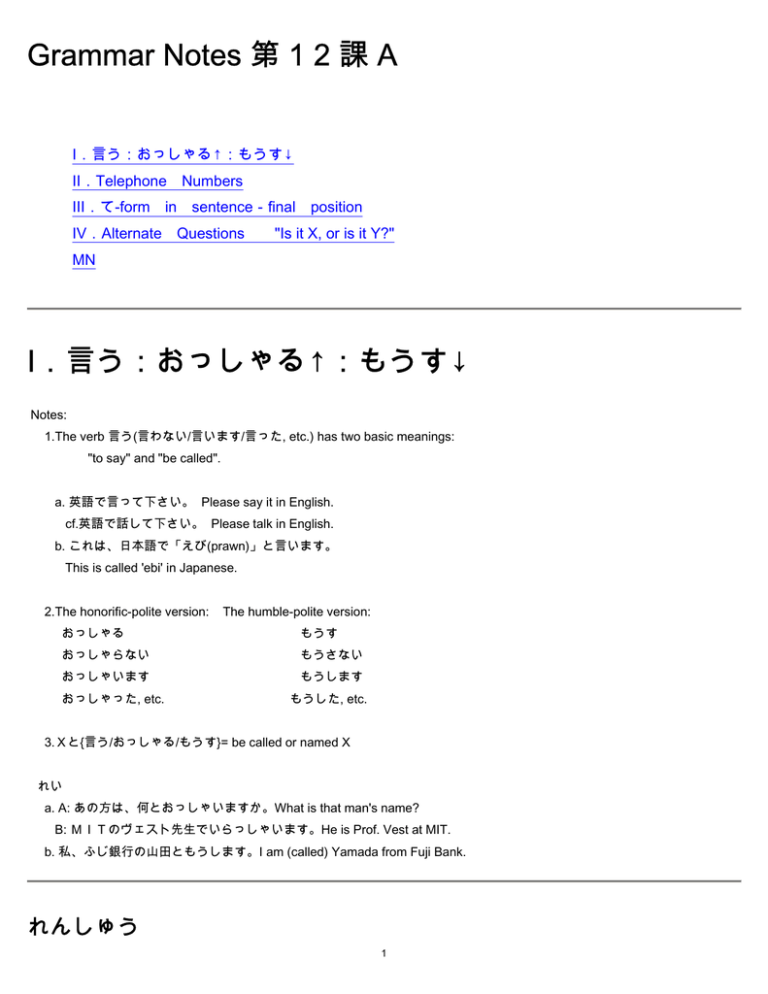



Grammar Notes 第 1 2 課 A




What Does Irasshaimase いらっしゃいませ Actually Mean Turning Japanese
Meaning いらっしゃる 私は金もないし友だちもありませんが、あなたが考えて いらっしゃる ほど不幸ではありません。 Though I have neither money nor friends, I am not so unhappy as you think ブラウン様がシカゴに いらっしゃる 間にもう一度お会いできたら、うれしいのですが。 I would appreciate it if I had the敬語 is a super polite form of Japanese used to either convey humility or respect It's a unique and beautiful part of the Japanese language and it gives learners a hint about Japan's culture of honor and respect This is the kind of language you would use when talking to the Emperor, the Prime Minister or even just your girlfriend's 英会話でよく出てくる「I see」は、「なるほど」「そういうことか」「そうなんだ」などの意味を表します。今回はこの「I see」について、「I know」や「I understand」など類似表現との使い分け方にも触れながらご紹介していきます。




Entry Details For いらっしゃいました Irasshaimashita Tanoshii Japanese
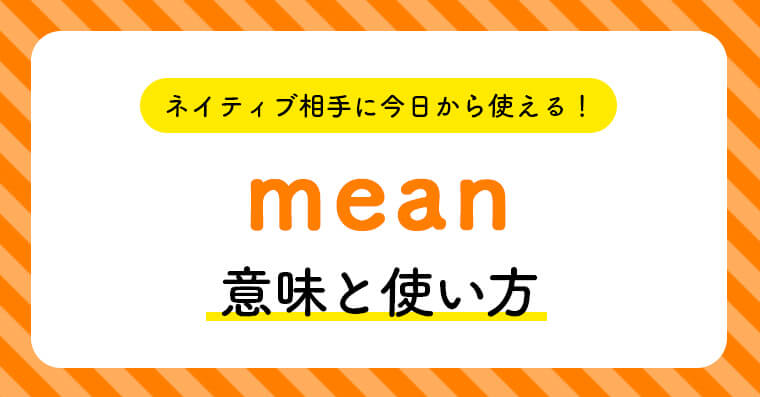



ネイティブ相手に今日から使える Meanの意味と使い方 ペラペラ部
いらっしゃる \iraɕːaɾɯ\ verbe auxiliaire (après un mot en て ou la particule で) il est, ils sont (dans le sens de se trouver quelque part) Voir aussi modifier le wikicode « いらっしゃる », Dictionnairejaponaiscom; なので、 「贈呈式」 なども聞いたことがある方もいらっしゃる でしょうし、 「花束贈呈」 など、頑張った経緯や感謝の気持ちを込めて表彰してあげることを表現しています。 人前で 「贈呈」 する機会は多いです。 「進呈」と「贈呈」の違い 「進呈」 と 「贈呈」 の違いについてご説明しいらっしゃる For example, the phrase yoroshiku o negai shimasu, meaning "I ask your favor" can take various forms At the bottom of the scale comes yoroshiku tanomu, which might be used between male friends Its more polite variant yoroshiku tanomimasu might be used towards less familiar people or to superiors Going up in politeness, the phrase yoroshiku onegai shimasu
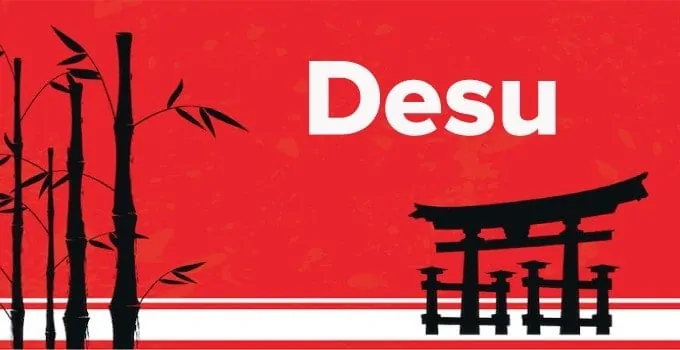



Til Desu Do We Part Everything To Know About Desu




いらっしゃい Meaning
→→→How have you been ?こちら、部屋/お部屋、~でございます、風呂/お風呂、何時、朝、夜、日本、温泉、入る、初めて、楽しみ(な) kochira, heya/oheya, ~de gozaimasu 11 動意味する(mean)/名意味(meaning) 12 動するつもりである(mean to) 13 形意地悪な / (良い、クールな)*スラング



Why Do You Add The お To なまえ When Asking Someone Their Name Quora
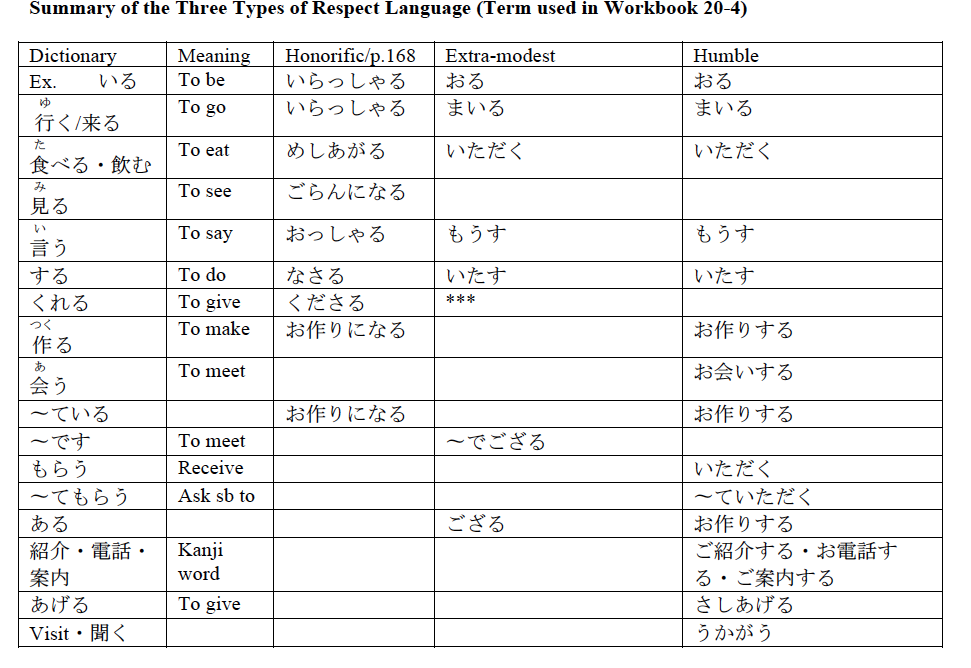



宿題とハンドアウト Guohe Zheng
Google's free service instantly translates words, phrases, and web pages between English and over 100 other languagesゆかり(漢字・縁、所縁)とは なんらかのかかわりあいや、つながりのあること。 因縁。 血縁関係のある者。 親族。 縁者。 といった意味の言葉となっています。 ということで、「縁もゆかりもない」といった場合、「縁もかかわりあいもない」という意味になることが分かると思います。 使い方としては「坂本龍馬ゆかりの地」なんて使い方をしますがいらっしゃい 《「いらっしゃる」の 命令形 》 1 おいでなさい。 「こっちへ いらっしゃい 」「まだ寝て いらっしゃい 」 2 歓迎の心持ちを表すあいさつの言葉。 「いらっしゃいまし」の略ともいう。 「やあ いらっしゃい 。 どうぞお上がりください」 出典 小学館デジタル大辞泉について 情報 凡例




Essentialj Apanese Grammar By Phuongpham Issuu
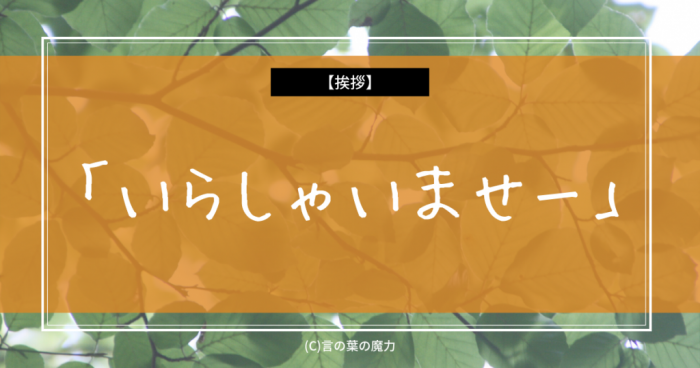



いらっしゃいませ Meaning
いらっしゃる (いらっしゃる), おいでになる (おいで に なる) いらっしゃる の類義語 Both mean the same thing, but I feel like おいでになる sounds politer The verb いらっしゃる (irassharu) is an irregular verb and, as I said, there's no pattern at all, like in english you have the verb sing, whose past form is sang instead of "singed" You just have to learn them off by heart!Meaning to be (honorific), to come (honorific), to go (honorific) Structure いる・くる ・いく→ いらっしゃる, ている → ていらっしゃるConjugations Casual (Informal)・Polite (Formal)いらっしゃる・いらっしゃいます, いらっしゃった・いらっしゃいました, いらっしゃらない・いらっしゃいません, いらっしゃらなかっ




Pin On Japanese Words
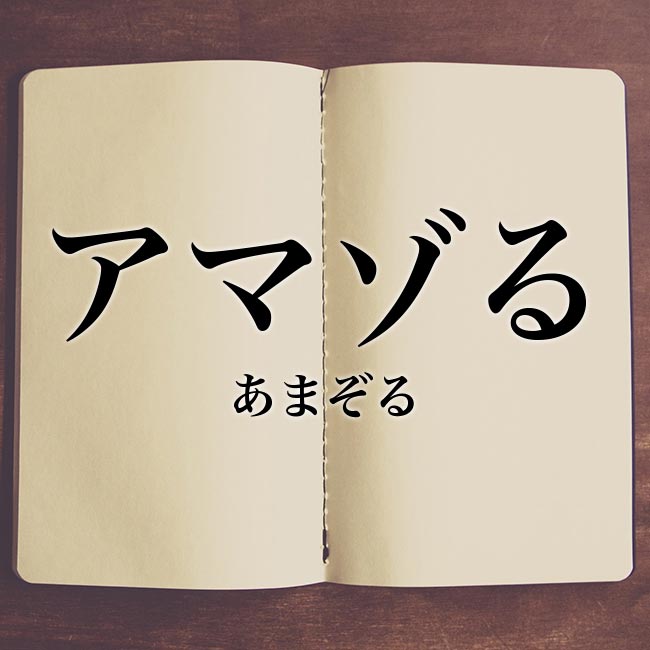



アマゾる とは 尼 など徹底解釈 Meaning Book
どこいら in Chinese 何処いら代哪里;哪一带 click for more detailed Chinese meaning, translation, meaning, pronunciation and example sentencesRéférences modifier le wikicodeVery POLITE way of saying this and if the speaker says it without making tone higher at the end, it could mean




Multiple Meanings Of Maru In Japanese 円 丸 Self Taught Japanese
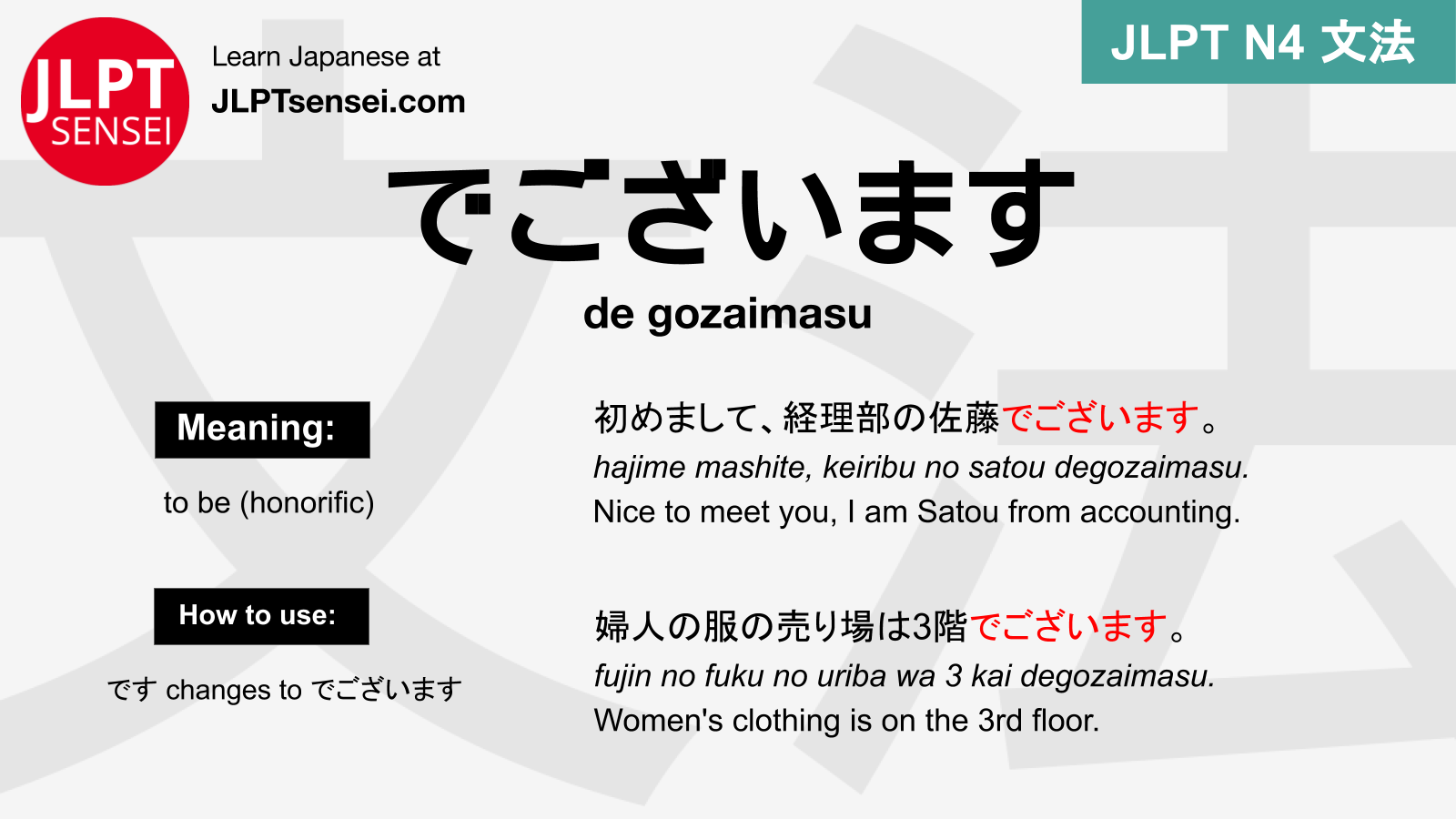



Jlpt N4 Grammar でございます De Gozaimasu Meaning Jlptsensei Com
お元気でいらっしゃいましたか の定義 @Crocuta いる→to be いらっしゃる→polite form of "to be " お元気でいらっしゃる →to be fine います→being いました→have been doing かquestion Have you been doing fine ?



Jlpt N4 Grammar いらっしゃる Irassharu Meaning Jlptsensei Com
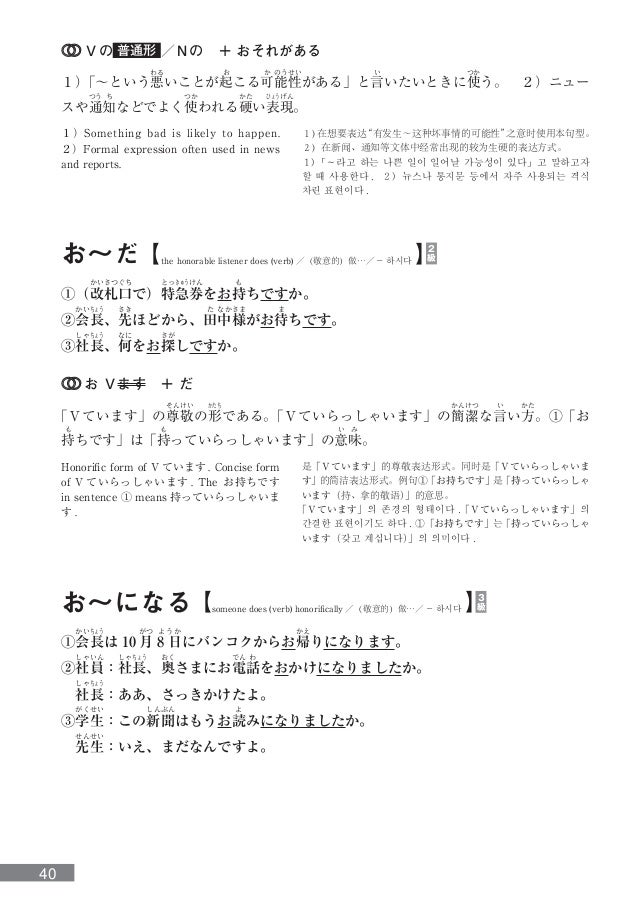



Essential Japanese Expressions Expressoes Essenciais Em Japones




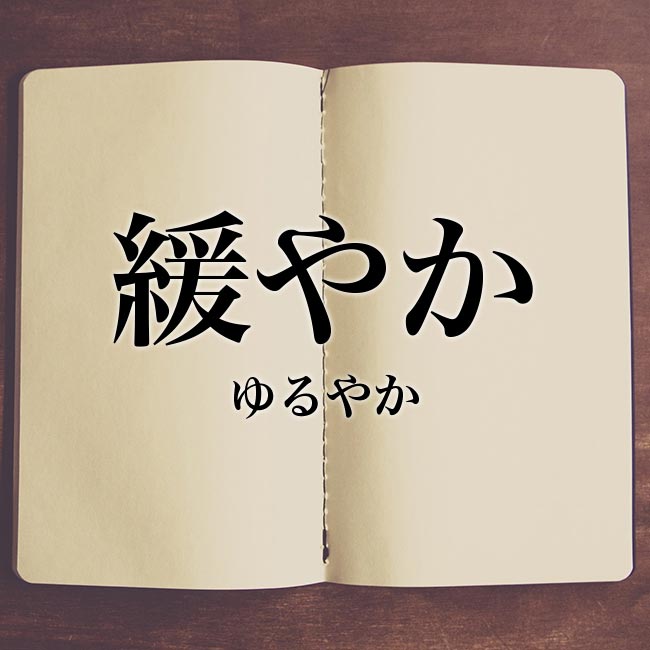



緩やか の意味とは 緩やか と 穏やか の違い 読み方 英語 対義語 類語 Meaning Book




敬語 おられる いらっしゃる は間違いか 3人に1人が違和感 Upwrite




How To Use 通り とおり Toori Maggie Sensei




What Is The Difference Between でございます And でいらっしゃいます でございます Vs で いらっしゃいます Hinative




Let S Learn Japanese 尊敬語 Respectful Expressions
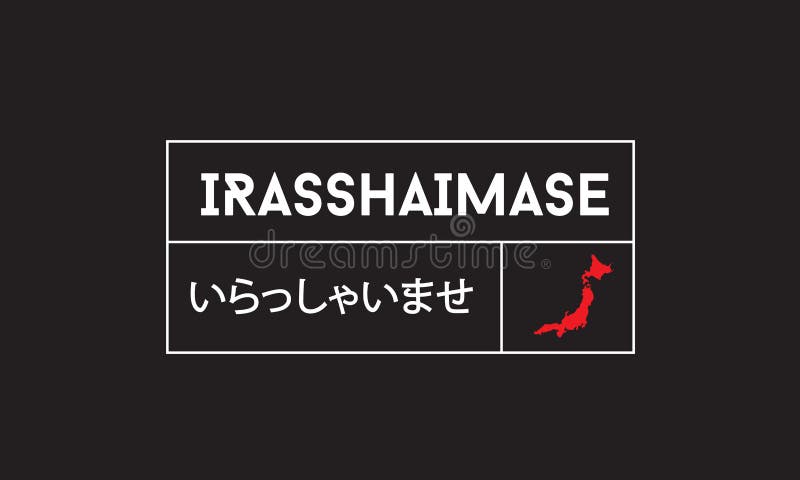



Irasshaimase And Japan Font Meaning Welcome To The Store Stock Vector Illustration Of Kanji Adorable
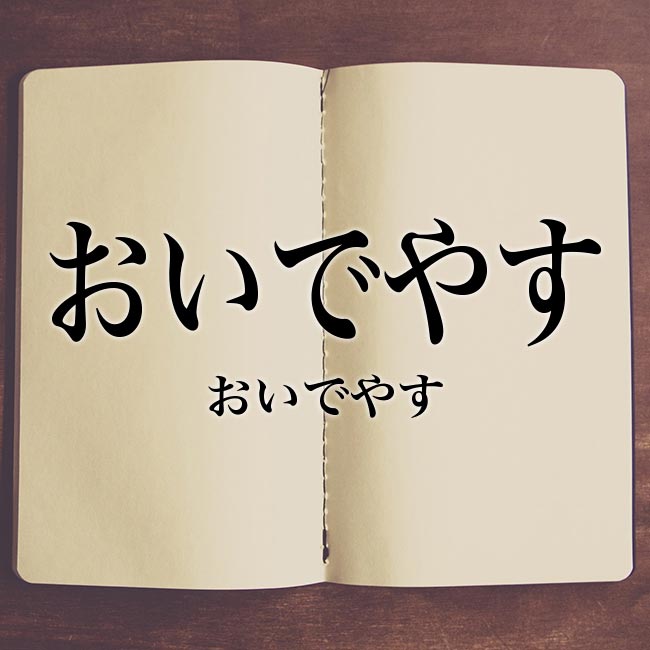



おいでやす の意味とは 類語や例文など詳しく解釈 Meaning Book




Jlptsensei Com Wp Content Uploads 01 Irass




Minami The Moon Is Beautiful Meaning I Love You Is A Famous Quote From The Author Natsume Soseki When He Was An English Teacher He Said That Translating I Love
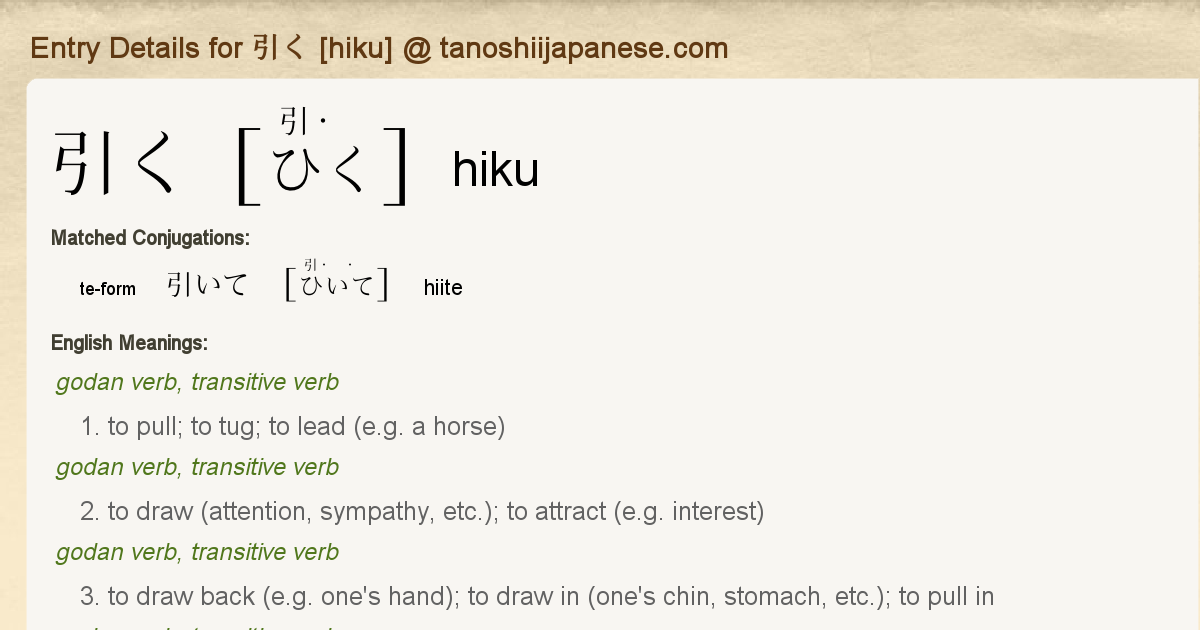



Entry Details For 引いて Hiite Tanoshii Japanese




Learn Japanese Kanji Everyday Kanji Signs With 中 Japanesepod101 Com Blog




What Is The Difference Between Oideninaru お出でになる And Irassharu いらっしゃる Can Someone Help Explain Please Thank You Very Much Quora




Genki Ramune Irasshaimase Meaning Welcome いらっしゃいませ
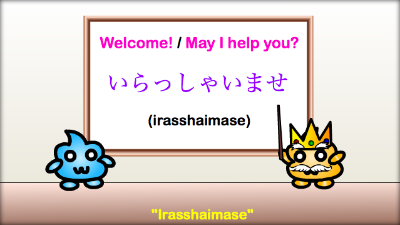



Japanese Phrases いらっしゃいませ Punipunijapan




Popular Japanese Greetings How To Say Good Morning Hello More




What Is The Difference Between でございます And でいらっしゃいます でございます Vs で いらっしゃいます Hinative



You Most Honourably Are Being




How To Use Irasshaimase いらっしゃいませ Correctly Different Types Of Irasshaimase Youtube



Meaning Of Aru In Japanese Romajidesu Japanese Dictionary
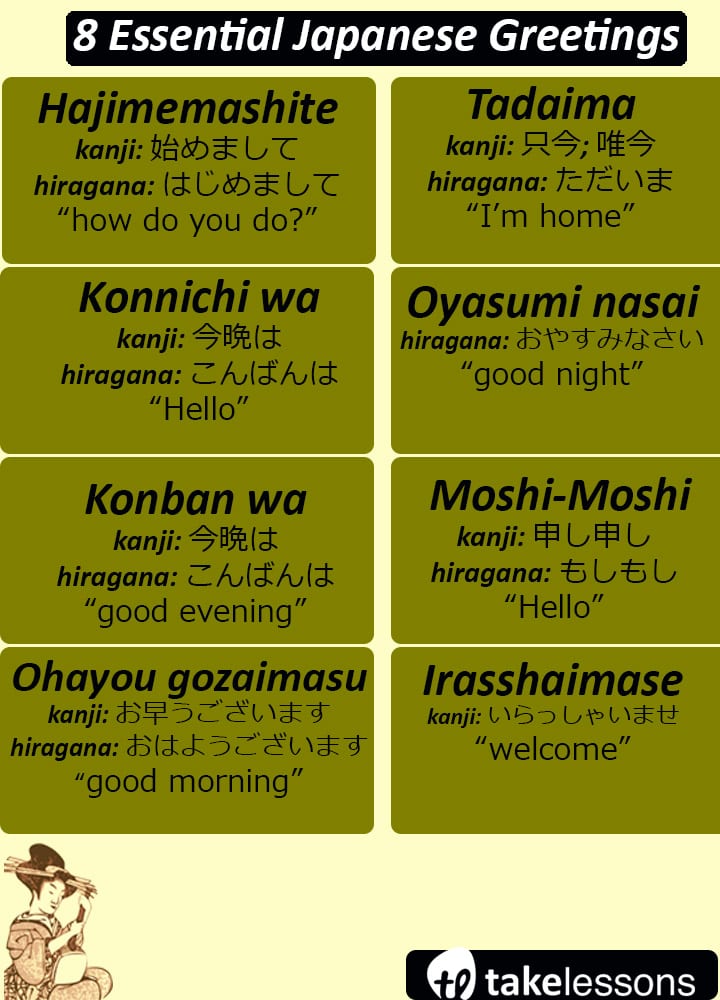



Popular Japanese Greetings How To Say Good Morning Hello More




ビニール袋 びにーるぶくろ Biniirubukuro Biniru Bukuro Meaning Examples Pronounce In Japanese Japaslang Dictionary




チャリンコ ちゃりんこ Charinko Meaning Examples Pronounce In Japanese Japaslang Dictionary




いらっしゃい Meaning
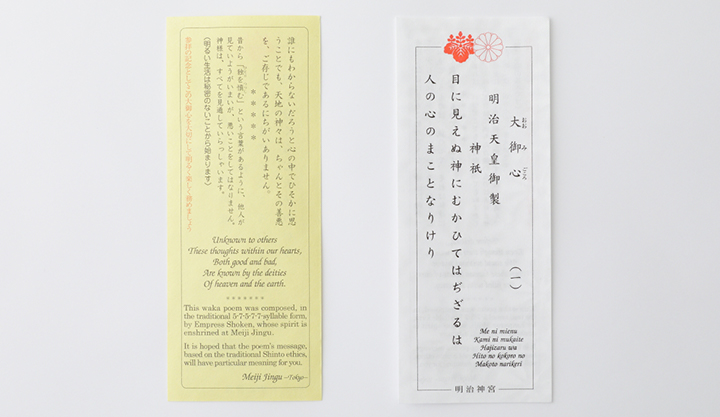



Omikuji Oracles Meiji Jingu
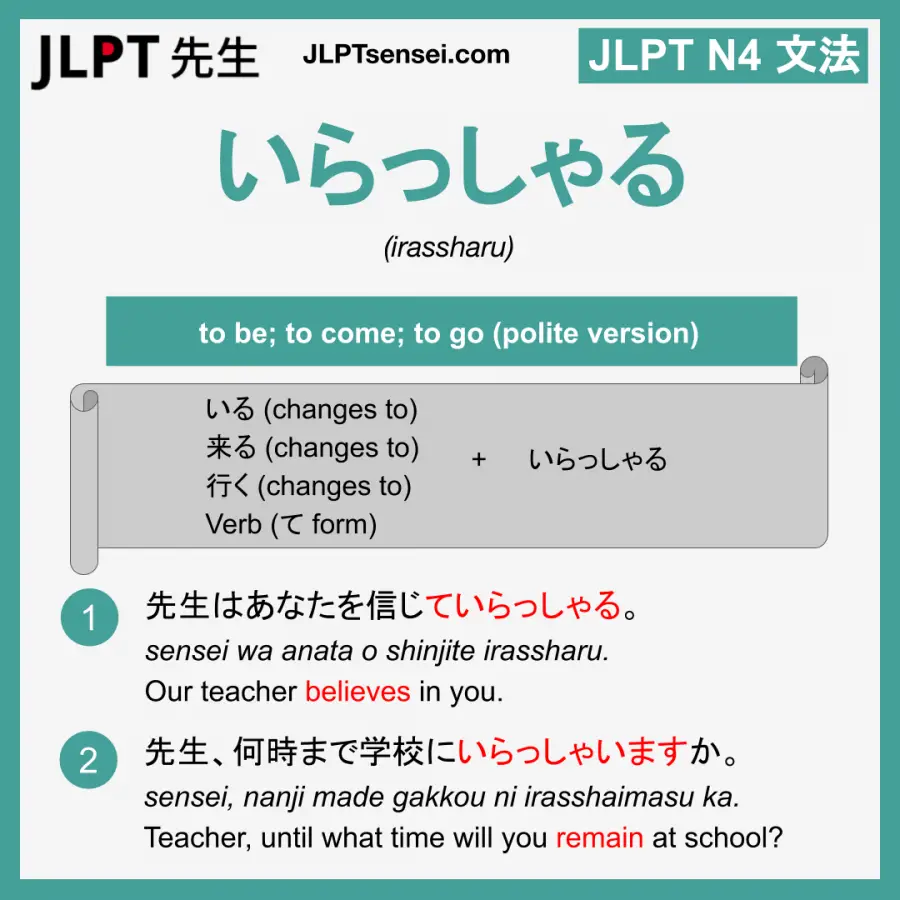



Jlpt N4 Grammar いらっしゃる Irassharu Meaning Jlptsensei Com




왕림하다 らいりんする 来臨する いらっしゃる おいでになる 御出でになる おこしになる お越しになる おみえになる お見えになる
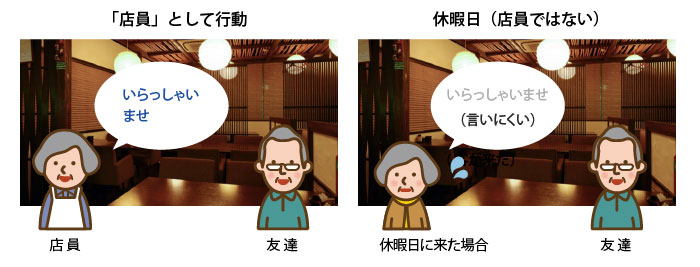



いらっしゃいませ Meaning




てしまう Te Shimau Japanese Quizzes




Japanese Words With Numerous English Translations Wapedia




ジャンクション Jct とは 意味や種類 チューリッヒ




The Honorific Form The Humble Form And The Polite Form



What Does いらっしゃいませ Irasshai Mase Actually Mean By Chihon Go Medium




お休みを頂いております と 休みをとっております の意味の違いと使い方の例文 例文買取センター
/japanese-letter-writing-58adfeb95f9b58a3c90632ac.png)



Rules For Japanese Letter Format




ようこそ Youkoso Vs いらっしゃい Irasshai 4 Friends Nihongo



Jlpt N4 Grammar いらっしゃる Irassharu Explanation And Examples




A Study On Meaning Processing Of Dialogue With An Example Of Development Of Travel Consultation System Sciencedirect




Suzanne Enzerink Late To It But Completely Dazzled By Sayakamurata S Novel Convenience Store Woman An Unforgettable Heroine Who Skirts Societal Convention And Finds A Different Way To Be A Being




いらっしゃい Meaning




敬語 おられる いらっしゃる は間違いか 3人に1人が違和感 Upwrite




ようこそ Youkoso Vs いらっしゃい Irasshai 4 Friends Nihongo




Irasshai いらっしゃい Japanese With Anime




Japanese Keigo The Most Polite Speech In Japanese



せーの Seno Meaning Examples Pronounce In Japanese Japaslang Dictionary




Pdf Japanese Honorific Language In Various Domains Semantic Scholar




ようこそ Youkoso Vs いらっしゃい Irasshai 4 Friends Nihongo



Design Pattern Izakaya Brown 100 Cotton Japanese Handmade Crafts Shop Nipponcraft
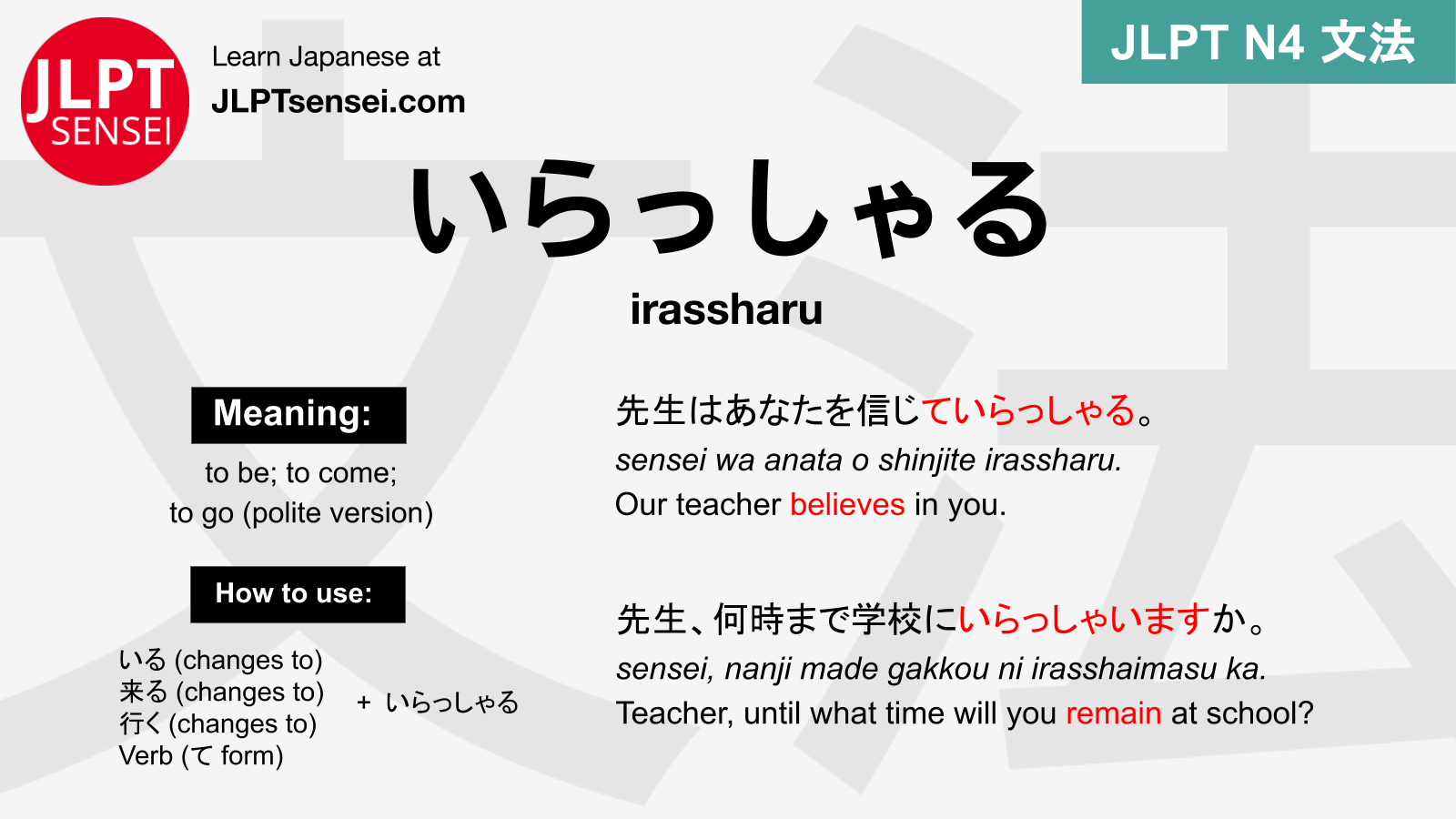



Jlpt N4 Grammar いらっしゃる Irassharu Meaning Jlptsensei Com




いってきます いってらっしゃい ただいま おかえり Use Distinction In Japanese




How To Say Welcome In Japanese Language いらっしゃいませ Irasshaimase ようこそ Youkoso स व गतम Youtube




Moshi Moshi Part 2 7 Useful Business Expressions When Talking On The Phone



いらっしゃいませ Meaning




いらっしゃいますか の意味と使い方 敬語 返答の仕方 敬語を学ぶならmayonez



Vocab How To Japanese




Oeh英語家日記 おしゃれまとめの人気アイデア Pinterest 大阪イングリッシュハウス Osaka English Hou 絵本 漫画 英語




お帰りなさい O Kaeri Nasai Welcome Home And Other Set Phrases Awordfromjapan
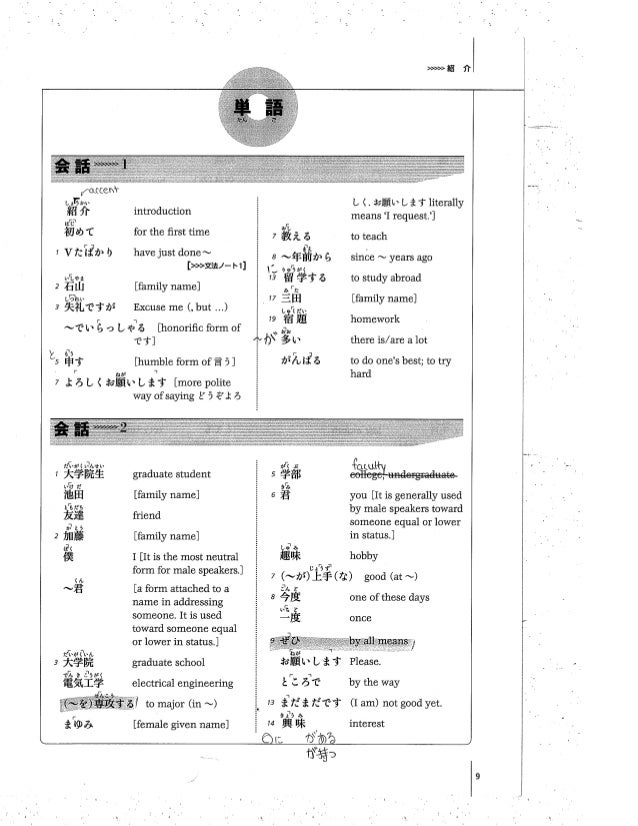



An Integrated Approach To Intermediate Japanese



1




Nihon On The Go Keigo Honorific Polite Speech




Irasshaimase And Japan Font Meaning Stock Vector Colourbox




Fate ガウェ Gudayo Freedom Book Gawain X Guta Man Doujin Suruga Ya Com
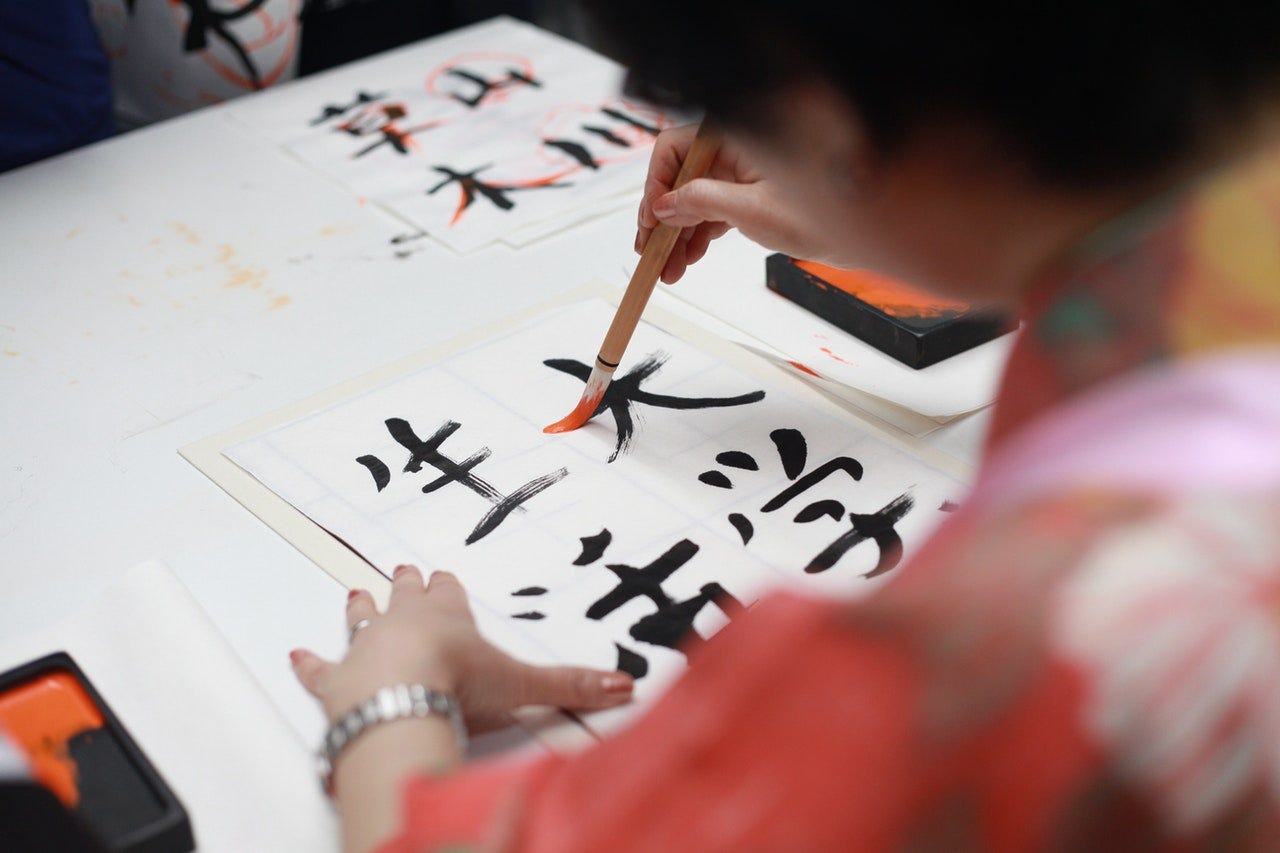



What Does いらっしゃいませ Irasshai Mase Actually Mean By Chihon Go Medium
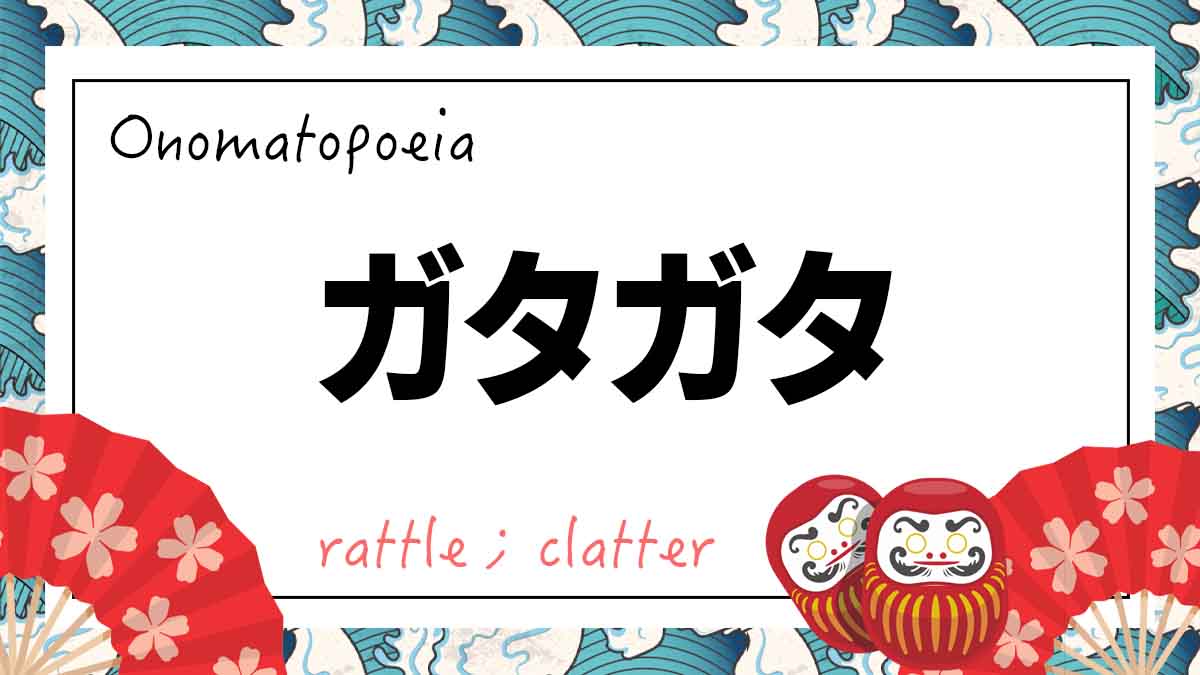



いらっしゃい Meaning




Aisatsu 10 Common Japanese Greetings You Need To Know




Sumimasen すみません Can Mean Thank You Japanese Is All Context




Learn Basic Japanese What You Really Need To Know To Survive




Moshi Moshi Part 2 7 Useful Business Expressions When Talking On The Phone
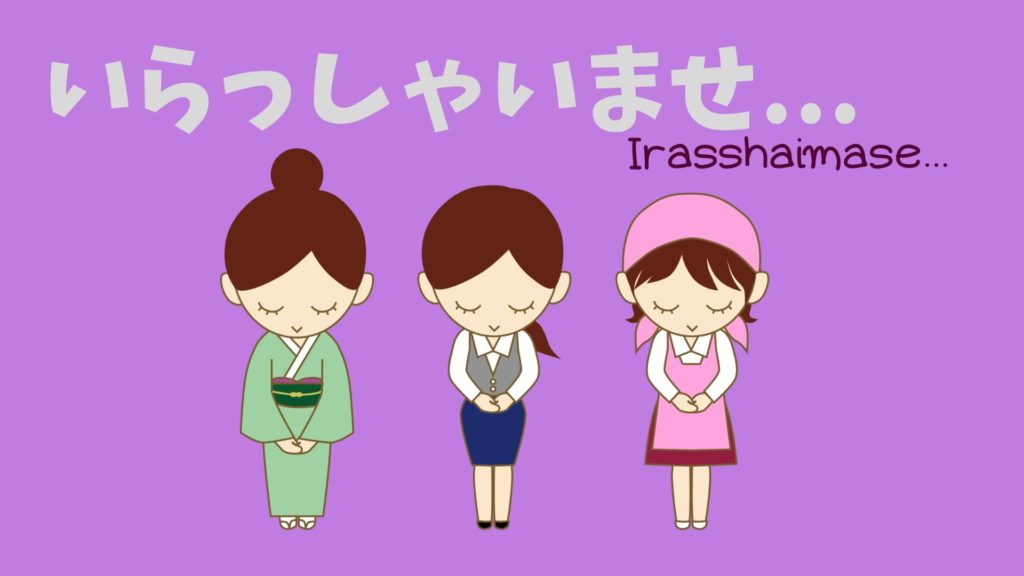



How Do You Say Hello Or Hi In Japanese Japanesque Cafe
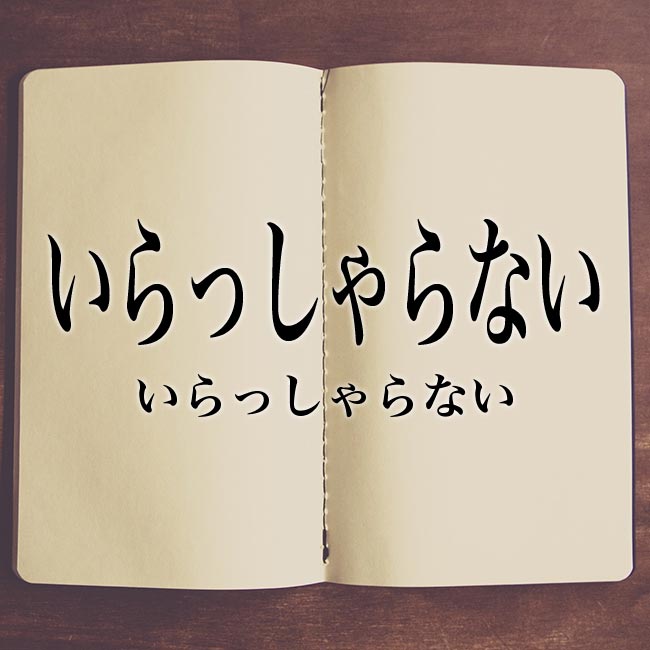



いらっしゃらない とは 意味 解説 Meaning Book




6 Common Formal Japanese Expressions You Ll Hear In Japan Fluentu Japanese
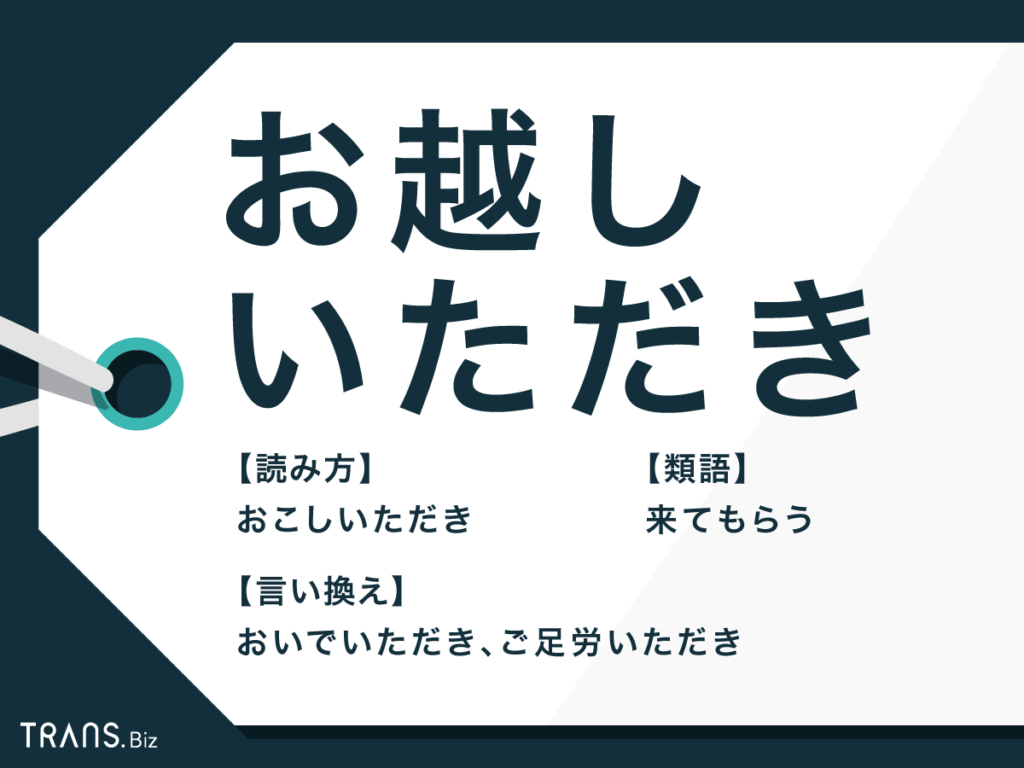



お越しいただき は正しい表現 ビジネスで使える例文 Trans Biz
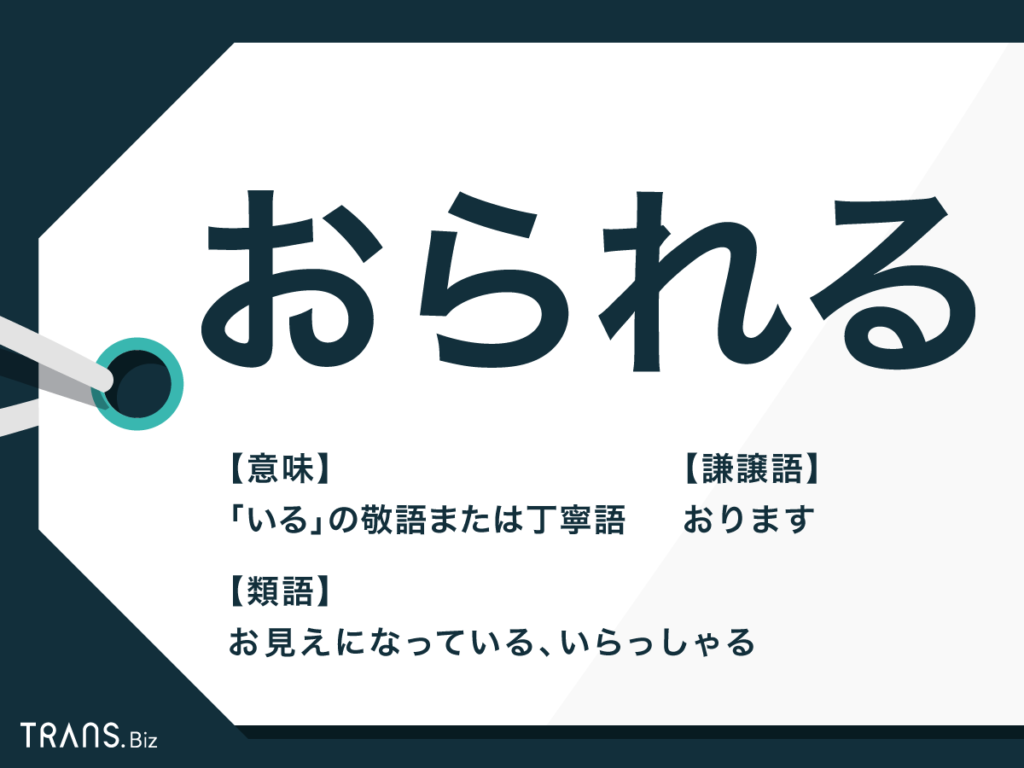



おられる の意味と正しい使い方 敬語としての使い方も解説 Trans Biz
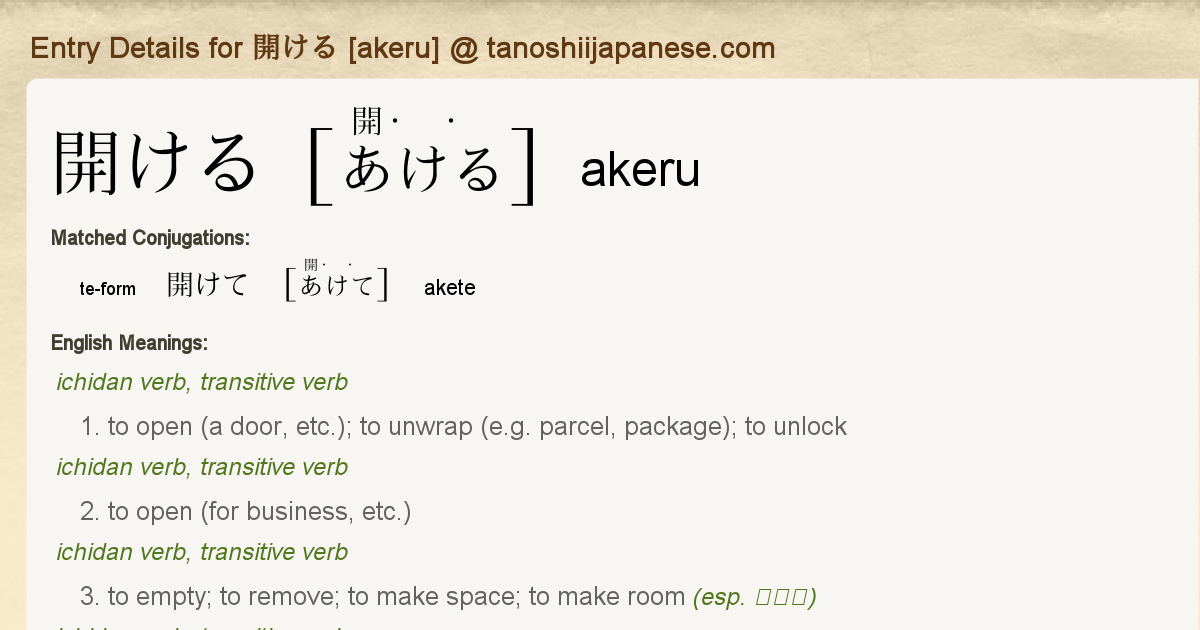



Entry Details For 開けて Akete Tanoshii Japanese



Irasshaimase And Japan Font Meaning Welcome To The Store Stock Vector Illustration Of Collection Background




Japanese Language Tutorial By Afj Fb Page Posts Facebook




Jlpt N4 Grammar でございます De Gozaimasu Meaning Jlptsensei Com




Talentology Sainou Gaku 3才能学を受けました 3 Asagao Blog




What Do いっぱいいっぱい And 余裕 Mean In This Context Japanese Language Stack Exchange



0 件のコメント:
コメントを投稿